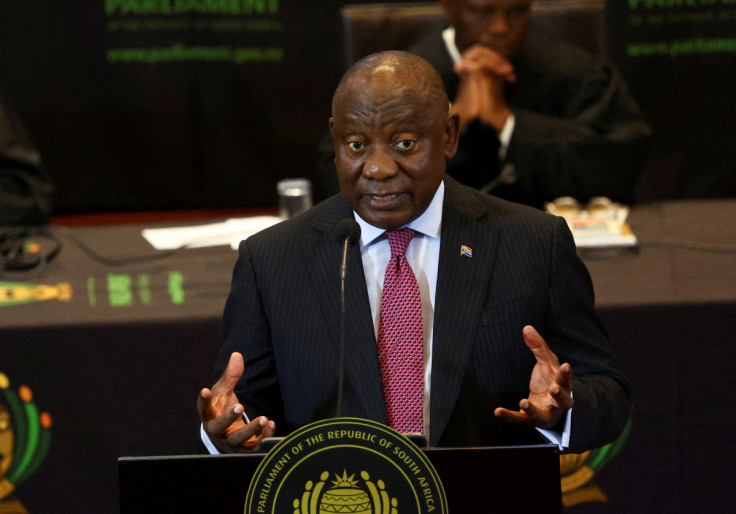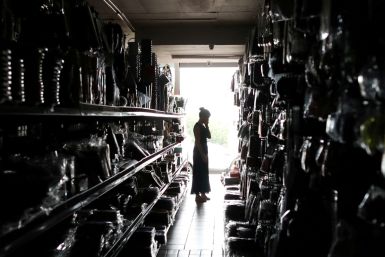President Ramaphosa Commemorates 30 Years Of Democracy, Highlights Advances In Education Access

President Cyril Ramaphosa highlighted the country's strides in education sector as the nation celebrates 30 years of democracy, which granted access to education for all, especially for those groups who were left out during the apartheid regime.
South Africa gained independence in 1994 after the apartheid system ended in the late 20th century, and Nelson Mandela became the first black president in the country's first democratic election held in April 1994. Before the implementation of the apartheid system, South Africa was under Dutch colonization from 1652 to 1795.
"We must consider just how far we have come from an era where the educational prospects of young black men and women were greatly diminished, and where the inferior education they received was deliberately designed to prepare them to be "hewers of wood and drawers of water," the president mentioned in his weekly newsletter on Monday, SA News reported.
Ramaphosa noted that the census 2022, which marked the fourth population census and housing count in post-apartheid South Africa, showed that at least three-quarters of youth aged between five and 24 are attending school.
The census revealed that the "percentage of people aged 20 and older who have completed secondary education" has doubled since the first democratic census happened in 1996. The second and third censuses were taken in 2001 and 2011, respectively.
"The first census showed that some 62% of white South Africans had a matric or higher qualification compared to 18% of blacks. Today, 38% of all South Africans have completed secondary education," as per the president.
During the first census, 1.5 million South Africans had post-school qualifications. However, in 2022, the number increased to 4.6 million. The president attributed the higher numbers to the National Student Financial Aid Scheme.
While the president appreciated the growing numbers, he also acknowledged that the education sector is facing challenges and the government is working to overcome them.
"...Given our country's history of marginalization and exclusion, that we have made such substantial progress in expanding access to education over the past three decades is significant," Ramaphosa said.
The president noted that after 30 years of democracy, basic and higher education is accessible to the children and grandchildren of farmworkers, mineworkers and domestic workers, adding that many of them couldn't get this opportunity due to the apartheid system.
"While the task of ensuring that our economy grows at a scale and pace to absorb graduates and those seeking formal employment is a daunting one, let us not lose sight of how far we have come in this critical developmental indicator," Ramaphosa added.
© Copyright 2025 IBTimes ZA. All rights reserved.


















